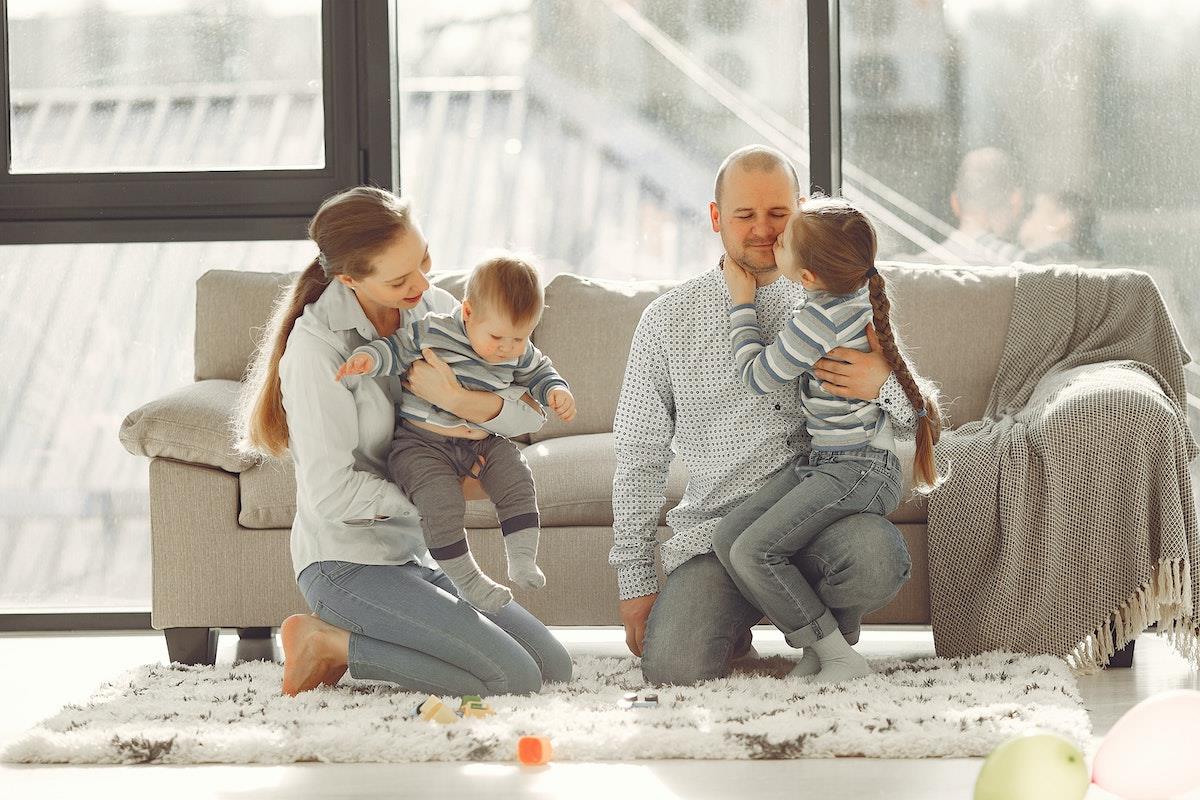Covid-19: How to manage mental health and wellbeing

Covid-19 not only attacks us physically and financially, but also wages war on the mind. As those in publishing are forced indoors to work – contending with new technology, home schooling and cabin fever – immense strain is put on their mental health. The true extent of the problem, and ways to cope with the issue, were revealed during the new series of FIPP Insider Webinars, hosted by FIPP President and CEO, James Hewes.
According to Hewes, it’s crucial to manage mental health while working from home, especially since the lockdown could drag on for many months. During this time it’s important to maintain a work-life balance to keep work from taking over. Team managers must be aware that a lot of people are working remotely for the first time and can’t yet absorb home life while also processing work.
Finding a way to manage stress and anxiety that comes with the new working environment is, Hewes said, a team effort. “It’s a two-way process – the individual has the responsibility to say, ‘I’m not comfortable, or don’t understand how the new process is working’, and the team has the responsibility to support everyone and make sure they get the knowledge they need.”
Download FIPP Insight Report
Publishing during a pandemic: Mapping a path through the Covid-19 crisis
Battling technophobia
One of the greatest sources of stress is tied to using new technology that comes with working from home.
“People who work remotely feel they might be judged by not being able to do something like check if the audio’s working on a video call,” said Kilian Schalk, founder of PurpleGray Consulting. “In a normal work environment they get dressed and go to the office and present in that way, but now they are presenting through their technical competence. That becomes a source of stress.”
According to Schalk, doing a dry run when it comes to video calling is a way to build up confidence. “People don’t know how they come across on screen so do a test – set up everything and show it to someone else. Just because it’s working for you doesn’t mean it’s working for someone else.”

Maintain your space
An important part of mental wellbeing is maintaining a clean, efficient living space. “Taking care of the space around you creates a sense of calm,” said Schalk. “It’s a way of clearing your mind.”
Ridding yourself of clutter extends to the way a team communicates. With so many forms of staying in contact there’s a danger people could be overwhelmed by a deluge of messages – missing crucial instructions amid the flood.
To avoid this, Hewes suggested setting up a “hierarchy of communication methodologies” whereby, for instance, a real crisis is communicated by text and other updates via email or tech like Teams.
“Over-communicating can be a problem so you have to work out what the company will communicate on,” agreed Schalk. “The more that is understood throughout the organisation, the calmer it gets.”
Download FIPP Insight Report
Global Digital Subscription Snapshot 2020 Q2
Pace yourself
With no-one knowing just how long the Covid crisis will last, it will be important for teams to pace themselves. “This could be a long period of uncertainty – it’s going to be marathon and not a sprint,” said Schalk. “So find a pace you can sustain and take time off.”

That includes setting time aside for a holiday.
“People need to take vacations, as strange as that sounds during a lockdown, and could all do it at the same time,” said Hewes. “It can be very easy to just continue to work through – and you want to avoid burnout. The idea of a vacation doesn’t stop because you are working from home.”









